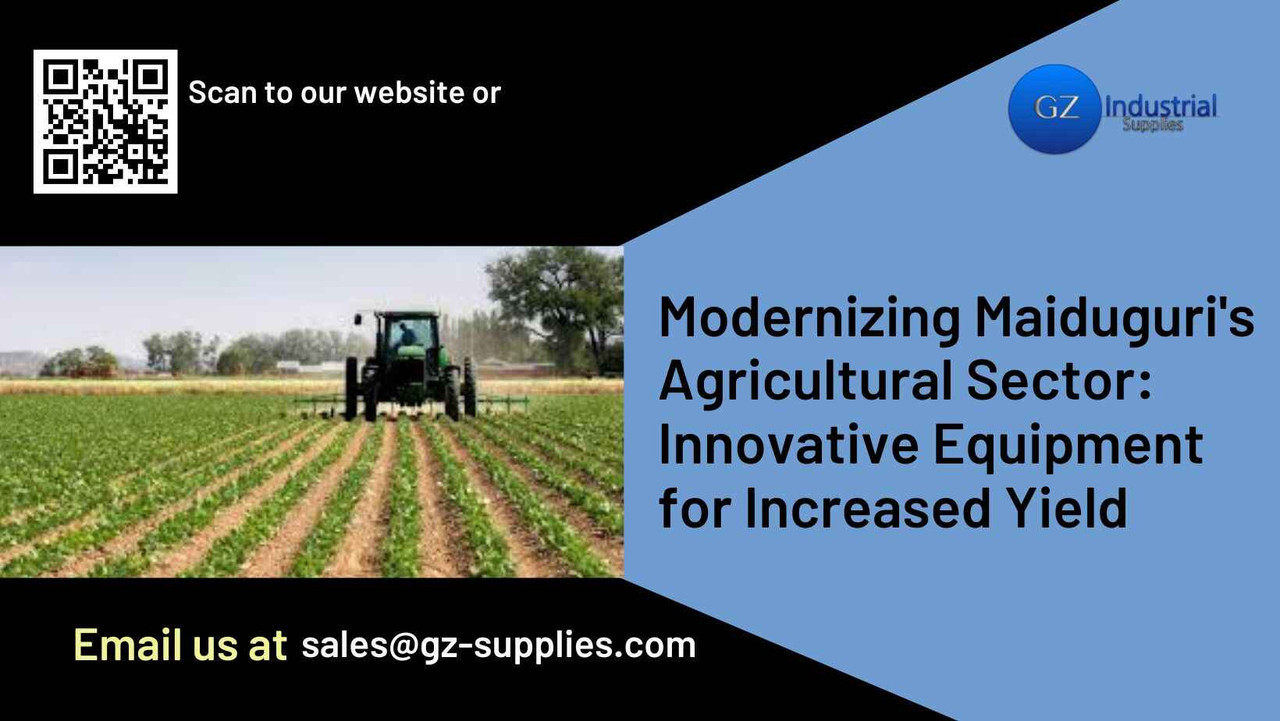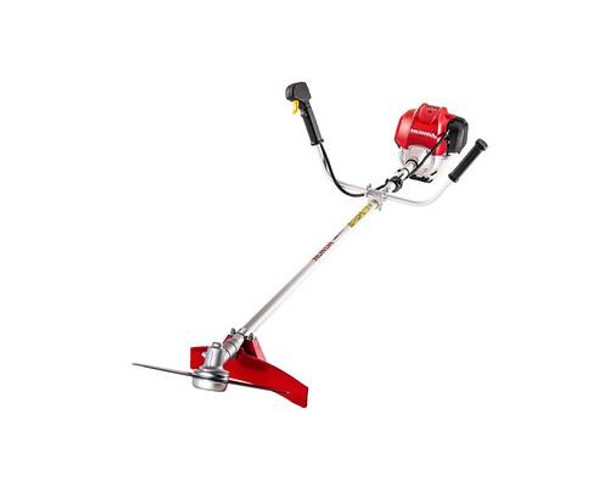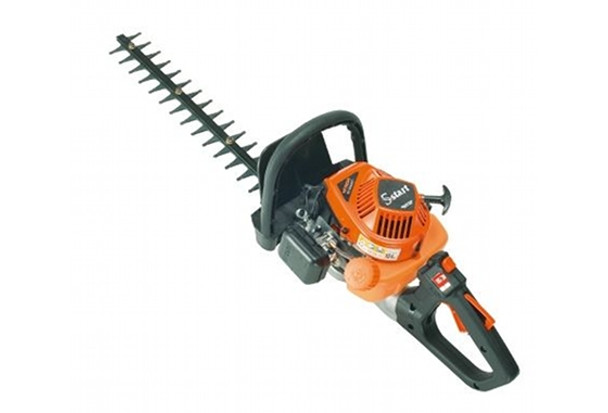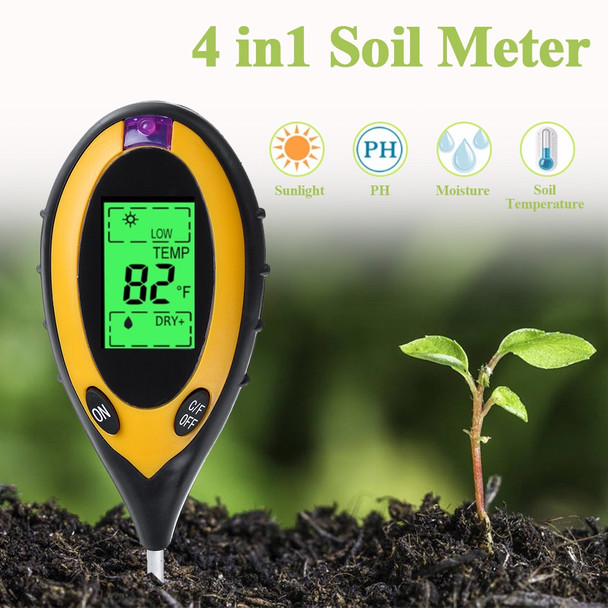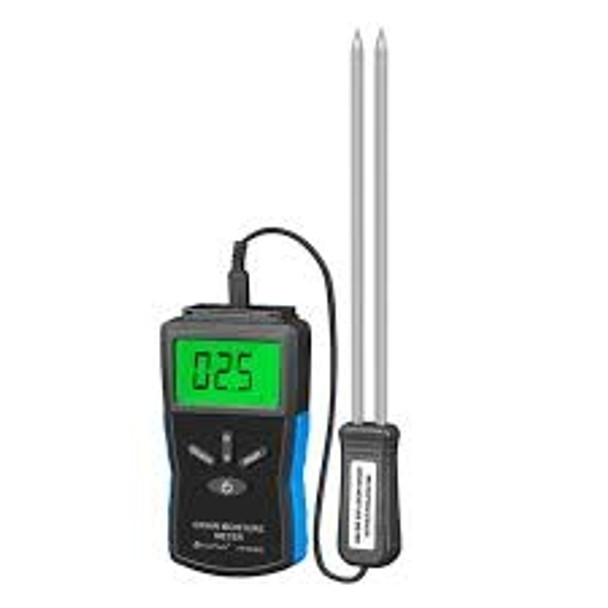Modernizing Maiduguri's Agricultural Sector: Innovative Equipment for Increased Yield
Key Takeaways
- Adoption of Mechanized Farming: Implementing mechanized equipment such as tractors, plows, and harvesters can significantly increase farming efficiency and crop yield.
- Precision Agriculture Technologies: Utilizing GPS-guided machinery and drones for soil analysis and crop monitoring allows for more accurate planting, irrigation, and fertilization, leading to higher productivity.
- Water Management Solutions: Innovative irrigation systems, such as drip and sprinkler irrigation, ensure optimal water usage, reducing waste and improving crop health in Maiduguri's arid climate.
- Post-Harvest Equipment: Modern storage facilities and processing equipment, including silos and threshers, help in reducing post-harvest losses and maintaining the quality of agricultural produce.
- Sustainable Farming Practices: Integrating eco-friendly equipment and techniques, such as solar-powered pumps and organic farming tools, supports long-term agricultural sustainability.
- Access to Training and Support: Providing farmers with training on the use of innovative equipment and offering technical support is crucial for maximizing the benefits of modern agricultural technologies.
Introduction
Maiduguri, the capital of Borno State in northeastern Nigeria, has a rich history of agriculture. For centuries, farming has been the backbone of the local economy, providing sustenance and employment to a significant portion of the population. The region is known for its cultivation of staple crops such as millet, maize, and sorghum, which are essential for both local consumption and trade.
However, despite its agricultural potential, Maiduguri faces significant challenges. The sector is largely characterized by traditional farming methods that have remained unchanged for generations. These practices, while deeply rooted in cultural heritage, are often inefficient and labor-intensive, leading to low productivity and limited economic returns for farmers. As the global demand for food increases and climate change continues to impact crop yields, there is a growing need to modernize Maiduguri's agricultural sector.
Modernizing agriculture in Maiduguri is not just a matter of improving crop yields; it is crucial for the economic development of the entire region. Agriculture remains the primary source of livelihood for many, and enhancing productivity can lead to increased income, improved food security, and greater resilience against environmental challenges.
By introducing innovative equipment and modern farming techniques, Maiduguri has the potential to transform its agricultural landscape. The benefits of modernization extend beyond the individual farmer, impacting the broader economy through job creation, enhanced food supply chains, and the development of agribusinesses. Furthermore, modern agricultural practices can contribute to environmental sustainability by reducing the reliance on outdated methods that deplete soil health and waste water resources.
Honda Rotary Tiller 5.5 hp FQ650
Current Challenges in Maiduguri’s Agriculture
1. Traditional Farming Methods
In Maiduguri, traditional farming methods dominate the agricultural sector. These practices, often passed down through generations, include manual planting, weeding, and harvesting. While these methods have sustained the community for centuries, they are increasingly inadequate in meeting the demands of a growing population and a changing climate.
One of the primary limitations of traditional farming is its low efficiency. Without access to modern tools and equipment, farmers rely heavily on manual labor, which is time-consuming and physically demanding. This not only limits the amount of land that can be cultivated but also reduces the overall productivity of the farm. Additionally, traditional methods often lack precision, leading to uneven planting densities, inefficient use of water, and suboptimal crop yields.
2. Climate and Environmental Factors
Maiduguri's agricultural sector is also challenged by adverse climate and environmental factors. The region is prone to erratic weather patterns, including prolonged droughts and unpredictable rainfall. These conditions make it difficult for farmers to plan their planting and harvesting schedules, often resulting in crop losses.
Soil degradation is another pressing issue. Over the years, continuous cultivation without adequate soil management practices has led to a decline in soil fertility. Erosion, caused by wind and water, further exacerbates the problem, reducing the arable land available for farming. Additionally, the scarcity of water resources in the region poses a significant challenge for irrigation, limiting the ability of farmers to maintain consistent crop growth throughout the year.
3. Economic and Social Barriers
Beyond environmental challenges, there are also significant economic and social barriers to modernizing Maiduguri's agricultural sector. Many farmers lack access to the financial resources needed to invest in modern equipment and technology. The high cost of machinery, coupled with limited access to credit and financing options, makes it difficult for small-scale farmers to adopt new practices.
Moreover, there is often cultural resistance to change. Many farmers are hesitant to abandon traditional methods in favor of unfamiliar technologies, particularly when they lack the training and knowledge to use these tools effectively. Social dynamics, such as the role of women in agriculture and community decision-making processes, also influence the adoption of modern practices.
HONDA BRUSH CUTTER
Innovative Agricultural Equipment for Increased Yield
1. Introduction to Modern Agricultural Equipment
To overcome the challenges faced by Maiduguri's agricultural sector, the introduction of modern agricultural equipment is essential. These tools and machines are designed to enhance the efficiency and productivity of farming practices, enabling farmers to cultivate larger areas of land, optimize resource use, and achieve higher yields.
Key modern equipment includes tractors, threshers, milling machines, and advanced irrigation systems. Tractors, for instance, significantly reduce the time and labor required for plowing and planting, allowing farmers to prepare their fields more efficiently. Threshers and milling machines streamline the process of harvesting and processing crops, reducing post-harvest losses and improving the quality of the final product.
2. Case Study: Impact of Multi-Purpose Threshing Machines
One of the most transformative pieces of equipment for farmers in Maiduguri is the multi-purpose threshing machine. These machines are designed to separate grains from the stalks, husks, and chaff, a process that is traditionally done by hand. The introduction of threshing machines has had a profound impact on productivity, allowing farmers to process their crops more quickly and with less effort.
In regions where threshing machines have been introduced, farmers have reported significant increases in yield. The machines not only reduce the time required for threshing but also minimize crop losses that occur during manual processing. This has led to higher income for farmers, enabling them to reinvest in their farms and further improve their practices.
The success of threshing machines in Maiduguri serves as a powerful example of how modern equipment can transform traditional farming practices. By adopting these machines, farmers can achieve greater efficiency, reduce labor costs, and increase their overall output.
3. Multi-Function Milling and Drilling Machines
Another critical innovation in modern agriculture is the use of multi-function milling and drilling machines. These machines are versatile tools that can perform a variety of tasks, including planting, drilling, and milling, making them invaluable to farmers looking to enhance their productivity.
In Maiduguri, the introduction of these machines has significantly improved the efficiency of crop processing. For instance, milling machines allow farmers to grind grains into flour quickly and efficiently, reducing the time and labor traditionally required for this process. This not only increases the quantity of processed grains but also improves the quality, resulting in higher market value.
Drilling machines, on the other hand, assist in precise planting and seeding, ensuring that crops are evenly distributed and planted at the correct depth. This precision leads to better crop growth and higher yields, as plants receive the optimal amount of nutrients and water. Farmers who have adopted these machines have reported a noticeable improvement in their crop outputs and overall profitability.
Hedge Trimmer 21.1cc 780mm Hitachi
4. Advanced Irrigation Systems
Water scarcity is a major challenge for agriculture in Maiduguri, making the adoption of advanced irrigation systems crucial. Modern irrigation techniques, such as drip irrigation and sprinklers, have revolutionized water management in farming. These systems deliver water directly to the plant roots, minimizing water wastage and ensuring that crops receive the necessary moisture even during dry spells.
Drip irrigation, for instance, allows farmers to control the amount of water delivered to each plant, reducing evaporation and runoff. This method not only conserves water but also improves crop health by preventing overwatering and waterlogging. As a result, farmers can maintain consistent crop production throughout the year, regardless of rainfall variability.
Sprinkler systems, meanwhile, offer a more flexible solution for larger fields. They can be adjusted to cover different areas and are particularly useful for crops that require uniform watering. The adoption of these advanced irrigation systems has enabled farmers in Maiduguri to maximize their water resources, leading to increased yields and greater resilience against climate change.
5. Role of Digital Technology in Agriculture
The integration of digital technology into agriculture is another game-changer for Maiduguri's farmers. Tools such as drones, sensors, and artificial intelligence (AI) are being used to collect data and optimize farming practices, a concept known as precision agriculture.
Drones, for example, can be used to survey large areas of farmland, providing detailed aerial images that help farmers monitor crop health, detect pests, and assess soil conditions. This real-time data allows for more informed decision-making, enabling farmers to address issues before they become significant problems.
Sensors placed in the soil or on crops can measure moisture levels, nutrient content, and other critical factors. This information is then analyzed by AI systems, which provide recommendations on the best times to water, fertilize, or harvest crops. By leveraging digital technology, farmers can reduce input costs, minimize environmental impact, and achieve higher yields with fewer resources.
The adoption of these technologies in Maiduguri is still in its early stages, but the potential benefits are immense. As more farmers gain access to digital tools and training, the region's agricultural sector is poised to become more efficient, sustainable, and profitable.
Economic and Social Impact of Modernizing Agriculture in Maiduguri
1. Boosting Productivity and Yield
The introduction of modern agricultural equipment in Maiduguri has the potential to significantly boost productivity and yield. By replacing traditional methods with more efficient practices, farmers can cultivate larger areas of land and produce higher-quality crops. This increase in productivity translates into greater economic returns for farmers, who can sell their surplus produce in local and regional markets.
Moreover, higher yields contribute to improved food security in Maiduguri. As crop production increases, the availability of staple foods such as grains and vegetables becomes more consistent, reducing the risk of food shortages. This is particularly important in a region that has faced food insecurity due to conflict and environmental challenges.
The economic benefits extend beyond individual farmers. As the agricultural sector grows, it creates opportunities for agribusinesses, including processing, packaging, and distribution companies. These businesses generate employment, stimulate economic activity, and contribute to the overall development of the region.
2. Empowering Farmers and Local Communities
Modernizing agriculture in Maiduguri is not just about increasing productivity; it is also about empowering farmers and local communities. The introduction of modern equipment and techniques provides farmers with the tools they need to improve their livelihoods and achieve greater economic independence.
Training and education are critical components of this empowerment process. By providing farmers with the knowledge and skills to use modern equipment effectively, they can maximize the benefits of these tools. Training programs, often supported by government and non-governmental organizations, focus on teaching farmers how to operate machinery, implement best practices, and manage their resources efficiently.
Empowering farmers also has social benefits. As farmers increase their incomes, they can invest in their families' education, healthcare, and overall well-being. This contributes to the social upliftment of the entire community, reducing poverty and improving the quality of life for all residents.
3. Environmental Sustainability
One of the key advantages of modernizing agriculture in Maiduguri is the potential for environmental sustainability. Traditional farming methods, while culturally significant, often contribute to soil degradation, water wastage, and deforestation. Modern equipment and techniques, on the other hand, are designed to minimize these environmental impacts.
For example, precision agriculture techniques such as drip irrigation and controlled fertilization reduce the overuse of water and chemicals, preserving soil health and reducing pollution. Modern machinery also allows for conservation tillage practices, which protect the soil from erosion and maintain its fertility over time.
By adopting sustainable practices, Maiduguri's farmers can contribute to the long-term health of the environment, ensuring that agricultural land remains productive for future generations. This not only benefits the local ecosystem but also aligns with global efforts to combat climate change and promote sustainable development.
Soil moisture AIK-TPH01803 Hellog
Government and Private Sector Involvement
1. Role of Government in Modernization
The government plays a pivotal role in the modernization of Maiduguri’s agricultural sector. Through strategic policies and initiatives, the government can facilitate access to modern equipment, provide financial support, and create an enabling environment for agricultural innovation. For example, government subsidies and grants can help farmers purchase expensive machinery that would otherwise be out of reach. Additionally, government-sponsored training programs can equip farmers with the skills needed to operate modern equipment effectively.
In recent years, the Nigerian government has launched several programs aimed at boosting agricultural productivity, including initiatives focused on improving access to credit, promoting the use of technology, and encouraging private sector investment. These efforts are essential for driving the adoption of modern agricultural practices in Maiduguri.
2. Private Sector Contributions
The private sector also plays a crucial role in modernizing agriculture in Maiduguri. Agritech companies, equipment manufacturers, and service providers are instrumental in bringing new technologies to the region. Through public-private partnerships, these companies can work with the government and local communities to distribute modern equipment, provide training, and offer maintenance services.
In addition, the private sector can contribute to research and development, creating innovative solutions tailored to the specific needs of Maiduguri’s farmers. By fostering innovation and competition, the private sector helps drive down the cost of equipment and makes modern tools more accessible to small-scale farmers.
3. International Aid and Collaboration
International organizations and non-governmental organizations (NGOs) also contribute to the modernization of Maiduguri's agricultural sector. Through aid programs and collaborative projects, these organizations provide funding, technical expertise, and resources that support the adoption of modern farming practices.
For instance, international partnerships have led to the introduction of climate-resilient crops, improved irrigation systems, and advanced agricultural training programs in Maiduguri. These collaborations are essential for addressing the challenges faced by the region’s farmers and ensuring the long-term sustainability of the agricultural sector.
Future Outlook and Recommendations
1. Potential for Growth in Maiduguri's Agricultural Sector
The future of Maiduguri’s agricultural sector is bright, with significant potential for growth through the continued adoption of modern equipment and practices. As more farmers embrace innovation, the region is likely to see substantial increases in crop yields, improved food security, and greater economic prosperity.
Looking ahead, advancements in technology, such as precision agriculture, smart farming, and sustainable practices, will further enhance productivity and resilience. By staying at the forefront of agricultural innovation, Maiduguri can position itself as a leader in modern farming practices in Nigeria and beyond.
2. Strategic Recommendations for Farmers and Stakeholders
To capitalize on the potential of modern agriculture, farmers and stakeholders in Maiduguri should consider the following strategic recommendations:
Adopt Modern Equipment: Farmers should invest in modern tools and machinery that enhance productivity and reduce labor costs.
Participate in Training Programs: Continuous education and training are essential for effectively using modern equipment and adopting best practices.
Collaborate with Government and Private Sector: Farmers should engage with government programs and private sector initiatives to access financial support, equipment, and technical expertise.
Focus on Sustainability: Emphasizing sustainable farming practices will ensure long-term productivity and environmental health.
Grain moisture meter HP-8032G Holdpeak
Frequently Asked Questions
1. What types of modern equipment are most beneficial for farmers in Maiduguri?
Tractors, threshers, milling machines, and advanced irrigation systems are among the most beneficial. These tools significantly increase productivity and reduce labor.
2. How can farmers in Maiduguri access financing for modern equipment?
Farmers can access financing through government subsidies, agricultural loans, and public-private partnerships. Additionally, NGOs often provide grants and financial assistance.
3. What are the environmental benefits of modernizing agriculture in Maiduguri?
Modern agriculture promotes sustainable practices such as precision irrigation and conservation tillage, which reduce soil degradation, conserve water, and minimize the environmental impact.
4. How does digital technology contribute to agricultural modernization?
Digital tools like drones, sensors, and AI help farmers monitor crop health, optimize resource use, and make data-driven decisions, leading to increased efficiency and higher yields.
5. What role does the government play in supporting agricultural modernization?
The government provides crucial support through policies, subsidies, training programs, and infrastructure development to facilitate the adoption of modern agricultural practices.
Conclusion
Modernizing Maiduguri's agricultural sector is crucial for ensuring the region's economic and social development. By embracing innovative equipment and practices, farmers can overcome traditional challenges, increase their yields, and contribute to the broader goal of food security. With the support of the government, private sector, and international organizations, Maiduguri has the potential to transform its agricultural landscape and achieve sustainable growth for generations to come.
To equip yourself with the latest in agricultural innovation and take your farming practices to the next level, visit GZ Industrial Supplies. Explore a wide range of modern agricultural equipment that will help you achieve higher yields, reduce labor, and embrace sustainable farming practices today.

